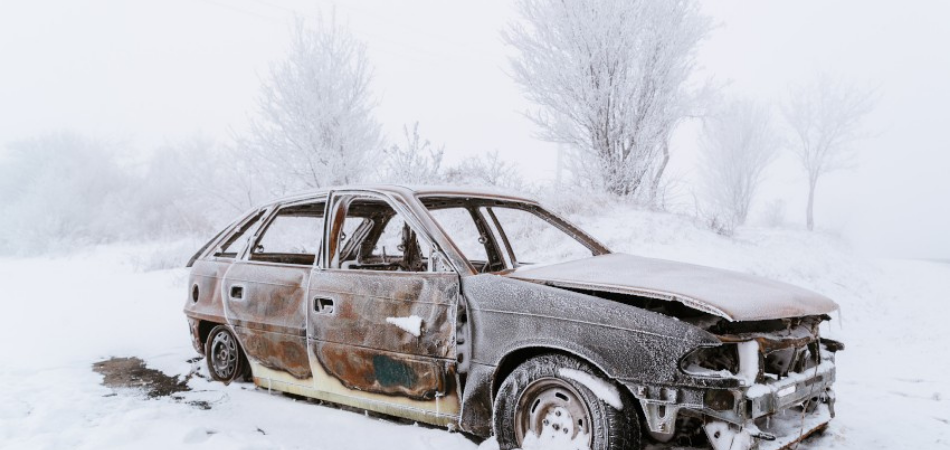Rust is a major concern for homeowners in all seasons, whether in the summer or winter. Many people believe that rust forms in only the summer and fall months, but this is not necessarily the case. If you are not careful with your home’s exterior during winter, then you can run into some serious problems with rust buildup on your property. So, does rust form in winter?
Yes, rust will form during winter, but the process takes a longer time. It is a common misconception that rust does not form in colder climates. Seasonal changes impact corrosion rates, but steel and iron still rust when it is cold and wet or cold and damp.
Also, most people think that metal will not rust when it is very cold because low temperatures slow many corrosion reactions. Therefore, below, we have the information you need to understand your metal’s condition during winter.
It will help you know the best method or way to prepare your metal for the winter and prevent rust in the future
Contents
What Happens to Metal in Winter?
Winter brings with it the coldest weather in polar and temperate regions. It usually comes annually between autumn and spring and arises as a result of the part of the earth which is experiencing winter being turned away farthest from the sun.
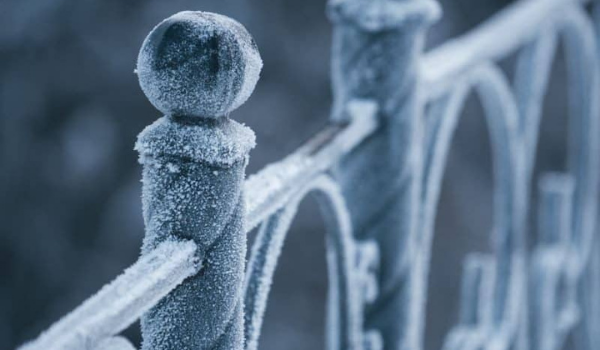
Winter is usually full of snow and frost and sunlight is at its barest. Since winter is the time of rain or water, and the sun during this season is at its barest, it means then that the atmosphere and air will be full of moisture.
Moisture is of course the favorite environment for rust to form and thrive. Thus, the winter isn’t such a good and wonderful time for metals, especially the non-precious metals.
How Does Rust Form?
Rust begins as corrosion on metals. Corrosion itself is an electrochemical reaction which happens as chemical corrosion and atmospheric corrosion. The atmospheric corrosion is the more common of the two.
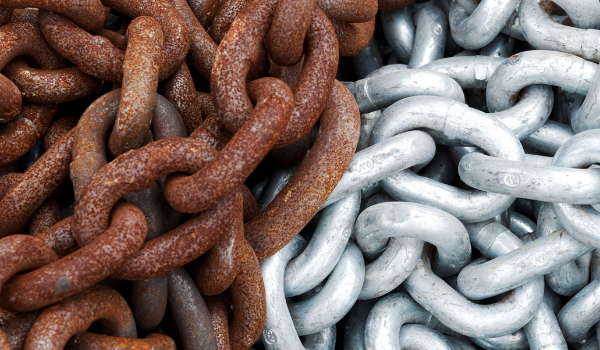
Corrosion begins to form when acidic substances such as water get into contact with steel or iron. The reaction that forms from this contact leads to the formation of corrosion. During winter, metals such as steel become exposed to water, to moisture, to humidity and sometimes even immersed in water. Once this happens, there is a chemical process that results in rust.
Water itself is acidic. Once steel or other metals are exposed to water, the iron particles of the steel become lost to the acidic water electrolytes. This oxidizes the iron particles of steel and leads to the formation of F++. Two electrons out of the F++ formed are then moved to a different part of the steel which is the cathode area or cathodic area.
The role that oxygen plays is to cause the electrons to rise and result in Hydroxyls ions which are represented as OH. The next in this chemical process is the reaction between the formed Hydroxyl iron and Fe++. The result of this reaction is Hydroxyl iron oxide (FeoH) which is known as rust.
Now, you have seen the role that winter plays in the formation of rust in your metals. It provides the necessary conditions of vapor, moisture, humidity and immersion which is required for chemical reactions that lead to rust to take place.
Rust, therefore, cannot only form in winter, but can be fast tracked by the winter season.
How Do You Prevent Rust during Winter?
One of the most vulnerable properties to rust and corrosion during winter is your car. The reason is that most cars get parked outside and are drowned by snow and ice during the winter.
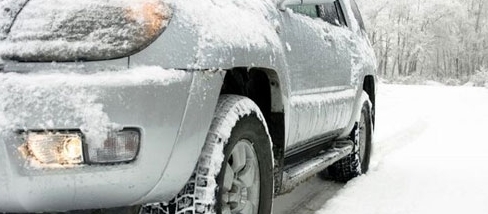
Secondly, many cities treat their roads with salt to be able to melt the ice and snow. When the salt dissolves the ice, it turns into salt water and gets splashed into nooks and crannies of your car where it helps to promote and fasten rust and corrosion.
To prevent this, the following guides are recommended:
Regular Washing
One of the cheapest and easiest ways to protect your car from corrosion and rust during the winter season is to ensure that you wash your car regularly, this could be three to five times in a month.
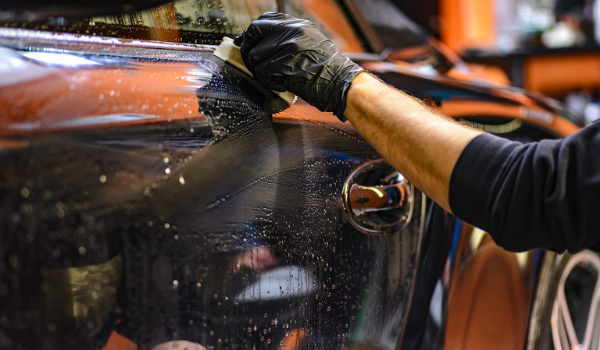
The reason for this is to be able to remove the splashed and hidden salt in your car and reduce the risk of quickened corrosion and rust.
Wax Your Car
The car wax is applied on the body of the car after washing to prevent dirt from sticking on your car and gradually leading to rust. The areas of your car that are most exposed to splashes such as the tyre and the underbelly of your car, must be well taken care of too during winter.
Use Rust Protections
Car protections are usually applied to the underbody of your car where salt water and dirt are capable of hanging and sticking.
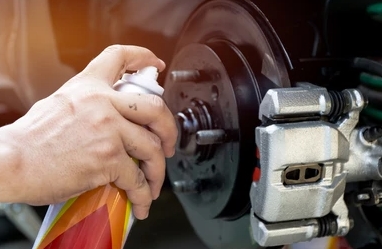
There are many car Protections that you can get in the market to use for this. You can carry out the application yourself or get a professional to assist, especially for the newer cars with complex plastic covers and protectors.
Each car rust Protection applied on your car gets the color and life of your car longer and safer from rust and corrosion, especially during winter.
Take Care of Your Car Drains
Your car drains are built to prevent water from logging or stagnating in your car. It is usually found in the doors and fenders and even the underbelly of your car.
It is very necessary to check these car drains regularly during winter and ensure that they are open and working. If water is allowed to log in the drains, rust and corrosion will be easier and faster to happen.
Use Rubber or All-Weather Car Floor Mats

The all-weather mat is very necessary especially during winter. It prevents water which your feet bring into the car not to get to the floor or chassis of your car. This way, you are better able to clean off the water and salt more easily during winter than you will with other kinds of mats.
Conclusion
In this article, I have been able to guide you through how rust can form during winter, and what you can do to prevent it.
Moisture and salt are your greatest enemies when it comes to rust and corrosion. Unfortunately, these two are quite common during winter.
It is necessary that you endeavor to follow the guidelines provided in the article to be able to prevent and protect your property from rust during winter.

